Is it important to see a dental hygienist when I go to the dentist?
The Role of Dental Hygienists in Prevention: 2025 and Beyond
In 2025, the role of dental hygienists in preventive care has never been more vital—or more dynamic. With the release of the newly revised Standards for Clinical Dental Hygiene Practice by the American Dental Hygienists’ Association (ADHA), the profession is embracing a broader, more holistic approach to oral health that reflects the interconnectedness of systemic health, social factors, and personalized care .
From Cleanings to Comprehensive Care
Gone are the days when dental hygienists were seen primarily as the professionals who cleaned your teeth. Today, they are licensed preventive oral health experts who provide educational, clinical, and therapeutic services that support total health through the promotion of optimal oral hygiene.

During your appointment with a dental hygienist, you can expect:
- Review your medical history
- Vital sign evaluation
- Periodontal Risk Assessment (includes all supporting tissue around the teeth)
- Oral Cancer Screening
- Radiographs (x-rays)
- Salivary Flow Detection
- Caries (cavity) Examination
- Oral Hygiene Instruction
- Nutritional Counseling
- Preventive Therapy to remove plaque and tartar from teeth using specialized instruments and techniques
- Therapeutic services from fluoride treatments, laser, and desiccation treatment are just a couple examples.
- In some states comfort is established with nitrous oxide or local anesthesia administered by the dental hygienist.
A Focus on Whole-Body Health
When visiting your dental professional, it is much more than a teeth cleaning. Your mouth and body are connected. There is growing evidence linking oral health to systemic conditions like diabetes, cardiovascular disease, and even Alzheimer’s. Other conditions have a strong correlation identified with oral disease: pneumonia, arthritis, preterm birth/ low birth weight, cancer, neurodegenerative diseases, obesity, and osteoporosis.
Dental hygienists are now expected to consider laboratory test results, collaborate with other healthcare providers, and recognize how chronic conditions may influence oral health.
Addressing Health Equity
By incorporating social determinants of health into assessments, dental hygienists are better equipped to identify barriers to care and tailor interventions accordingly. This shift supports more equitable outcomes and acknowledges that oral health is deeply influenced by factors beyond the mouth.
Visiting the Dental Hygienist
Dental hygienists are not just the “cleaning crew” of the dental office—they are frontline healthcare providers playing a critical role in disease prevention, health education, and patient advocacy. As the healthcare landscape evolves, so too does the scope and impact of dental hygiene. Ask your dental professional their role and understand their credentials.
Read More:
ADHA releases revised Standards for Clinical Dental Hygiene Practice - ADHA


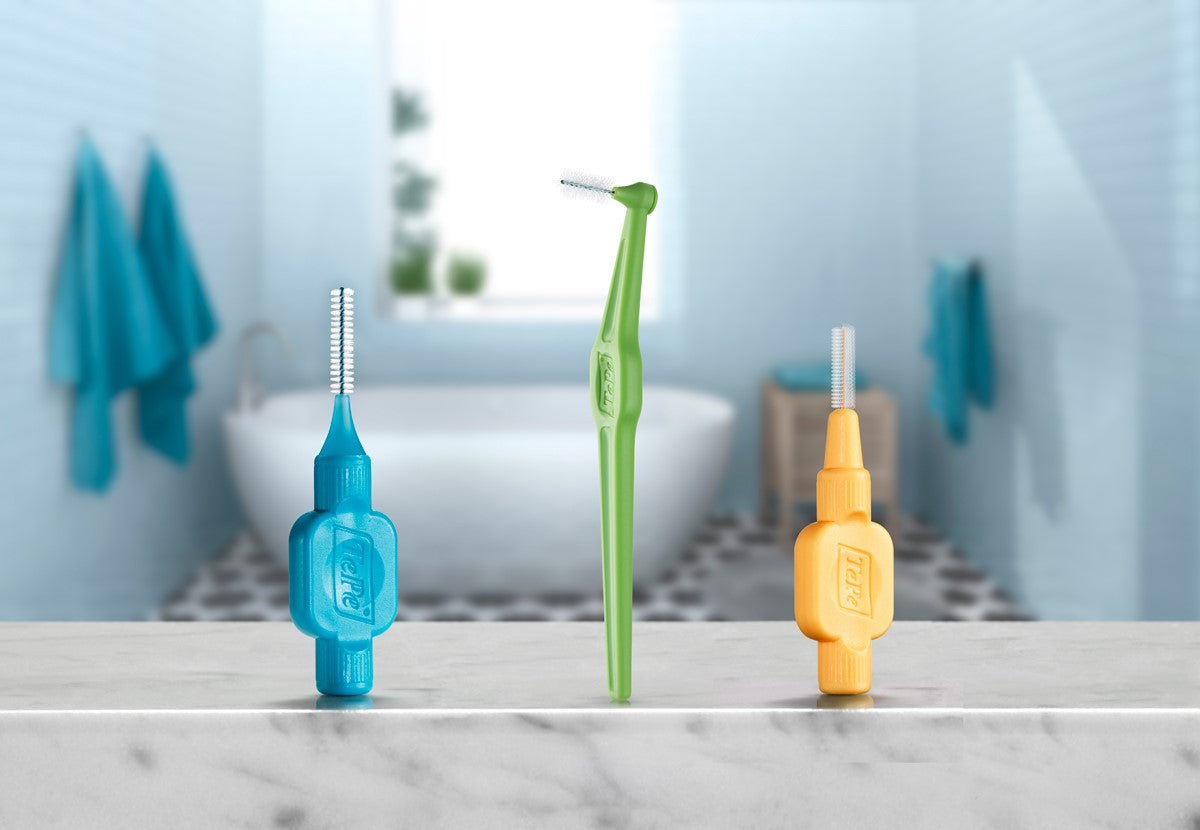
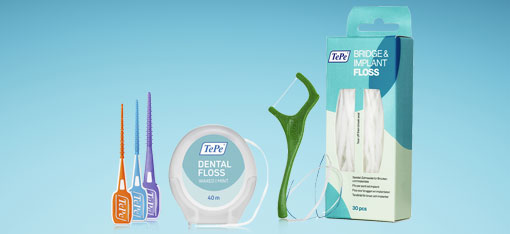
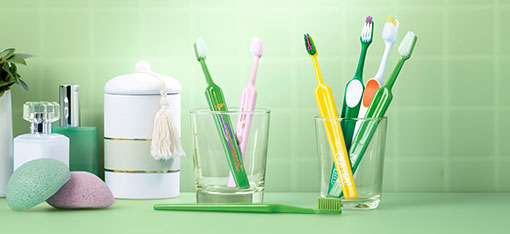
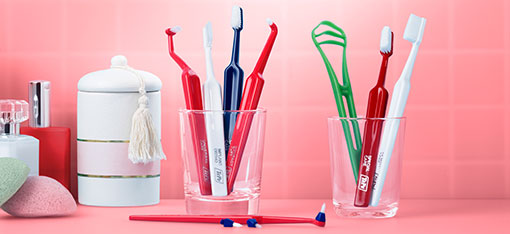
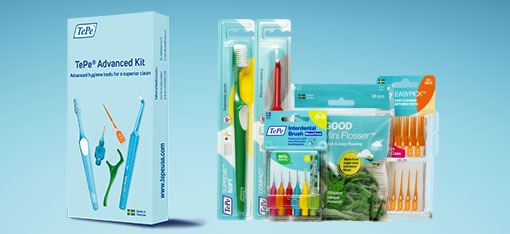




Leave a comment